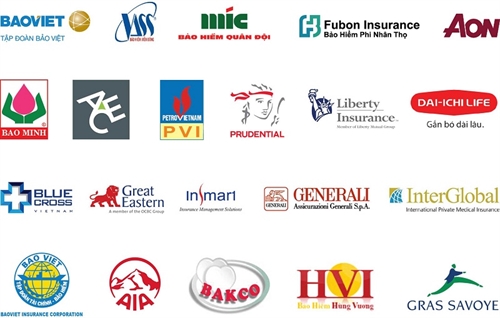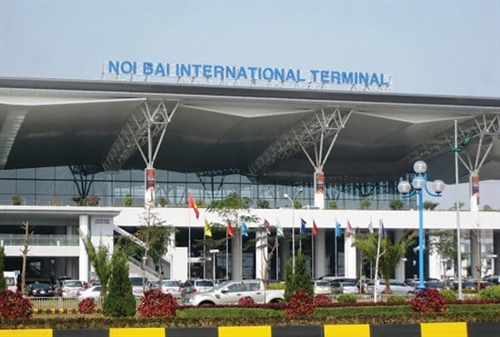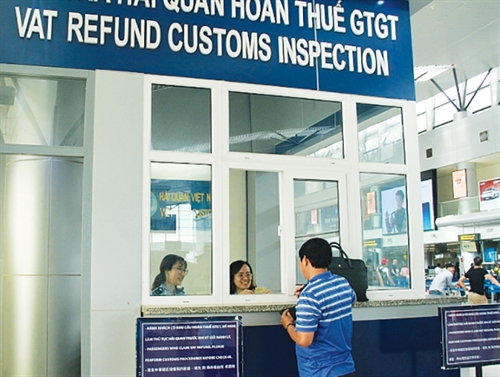Payment intermediary service providers would have to apply measures to prevent and combat money laundering as financial institutions do.
Such is provided in a draft decree prepared by the State Bank of Vietnam (SBV) to revise several articles of Decree 116 of 2013 regarding entities involved in anti-money laundering activities, identification of beneficial owners and clients, and the responsibility to share information.
 |
| Conducting transactions at VPBank Hanoi branch__Photo: VNA |
According to the draft, entities involved in anti-money laundering activities include payment intermediary service providers and foreign organizations and individuals and stateless persons that neither carry out activities nor reside in Vietnam’s territory but have financial or other asset transactions with financial institutions or organizations and individuals conducting relevant non-financial business lines.
Under the draft, payment intermediary service providers and financial institutions would identify the ultimate beneficial owner of each of their clients based on either ownership or control right. For example, the ultimate beneficial owner of an account or a transaction is the account owner, co-owners, or any person who dominate operations of such account or benefits from such transaction. As for a legal entity, the ultimate beneficial owner is the person who directly or indirectly holds 25 percent or more of charter capital of such legal person, for joint-stock companies, or the enterprise owner, for private enterprises; or any other person who actually dominates or controls such legal entity. Meanwhile, the ultimate beneficial owner of an investment entrustment or authorization agreement is the person who makes the entrustment or authorization or has the right to dominate the entrusting or authorizing person, legal person or organization.
In order to facilitate operations of financial institutions and intermediary payment service providers, the draft allows them to apply simplified know-your-customer (KYC) measures to clients identified as showing a low degree of money laundering or terrorism financing risks. In addition, when conducting transactions with new clients, financial institutions and intermediary payment service providers may choose whether or not to require the clients to show up in person. However, they must take appropriate measures to identify and verify client identification information.
According to the draft, client and transaction information may be shared with head offices and branches of parent banks or financial groups in order to prevent money laundering or terrorism financing risks. Therefore the shared information would be used only for anti-money laundering and counter-terrorism financing, and must be neither provided nor shared to any other third parties in any forms.
The SBV, in another move, released a draft circular revising Circular 35 of 2013 to detail some anti-money laundering regulations.
As per the draft, financial institutions would have to take post-trade or real-time supervisory measures to detect international electronic funds transfer transactions without information on funds transfer order creators or beneficiaries. For transactions each worth USD 1,000 or more, in addition to identifying order creators, financial institutions would have to identify beneficiaries and preserve beneficiary identification information. If detecting that transaction-conducting organizations or individuals are on the blacklist of the United Nations Security Council or the Ministry of Public Security or having grounds to believe that other organizations and individuals commit acts related to money laundering for terrorism financing, financial institutions would report such to the Ministry of Public Security’s Financial Action Task Force on Money Laundering and the Anti-Money Laundering Agency.
Additionally, financial institutions would require their clients to provide information on the legal agreements they have entered into. Such legal agreements are trust or entrustment agreements on the management and use of assets between the clients and other organizations or individuals at home and abroad, including also life insurance and investment-linked insurance policies.
For clients that have entered into legal agreements, financial institutions must apply KYC measures to identify the beneficial owners. Particularly for those that are beneficiaries of life insurance or other investment-linked insurance policies and classified into the highly risky group, intensified KYC measures would be taken in order to ensure accurate identification of beneficiaries at the time of payment.- (VLLF)









